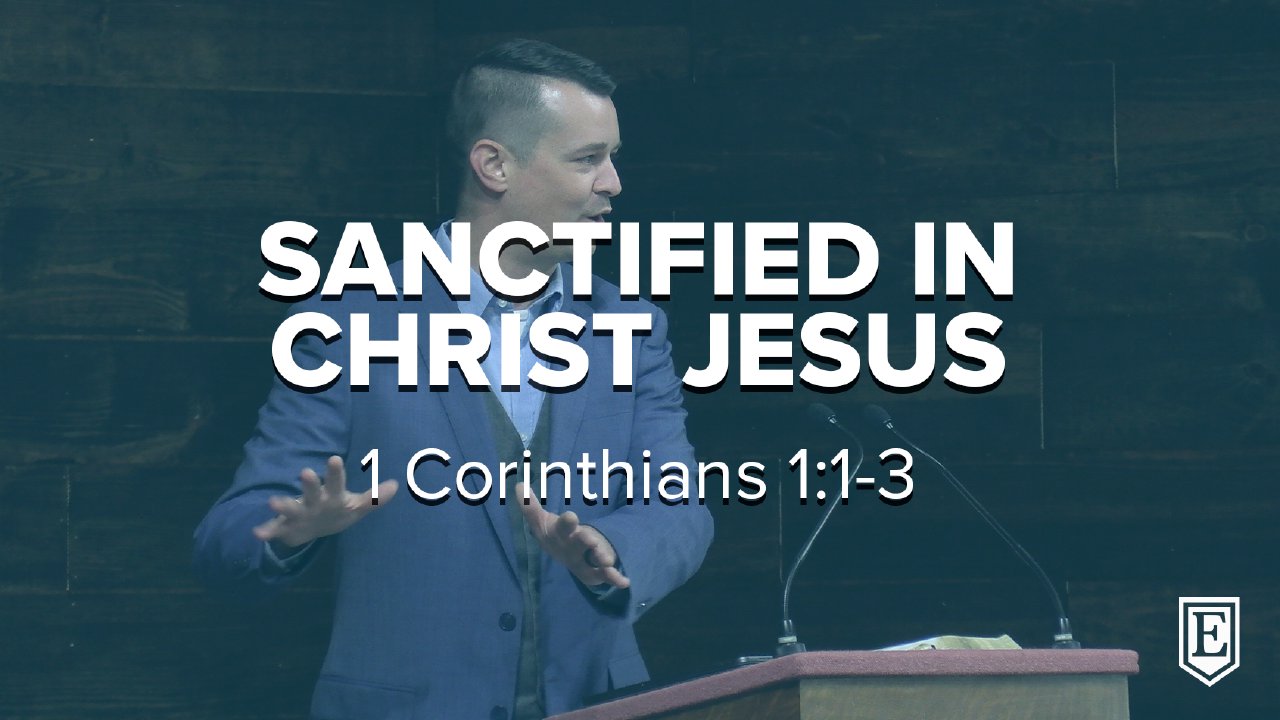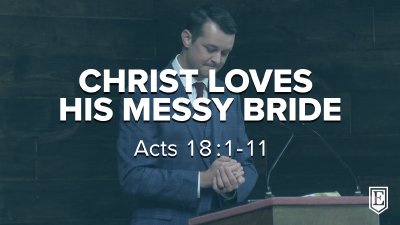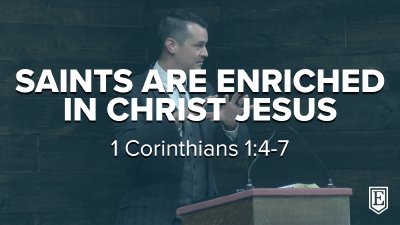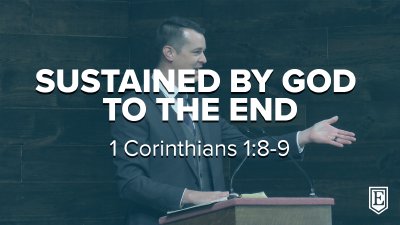OUTLINE
I. WHAT DOES IT MEAN TO BE A CHRISTIAN? (v. 2b)
I) To be a Christian means that you have been “sanctified in Christ Jesus.”
If you are a Christian, you have been sanctified through being made holy by God with the righteousness of Jesus (1 Cor. 1:2).
If you are a Christian, you have been sanctified by being set apart by God Himself for holy service to Him (John 17:19).
If you are a Christian, you are being sanctified through being transformed by God the Holy Spirit to be more holy in your thoughts, affections, and actions (1 Pet. 1:2; Phil. 2:12-13)
II) Therefore, to be a Christian means you have received a new identity and are now a “saint.”
II. HOW DO I KNOW IF I AM A CHRISTIAN? (v. 2c)
I) A Christian calls upon the name of the Lord Jesus Christ for mercy (1 Cor. 1:2c; Luke 18:11-13)
II) A Christian submits to Jesus as Lord (1 Cor. 1:2c; John 14:15)
III. WHAT IS PROMISED TO ME IF I AM A CHRISTIAN? (v. 3)
I) If you are in Christ, you are promised "grace...from God our Father and the Lord Jesus Christ" (v. 3)
II) If you are in Christ, you are promised "peace from God our Father and the Lord Jesus Christ" (v. 3)
STUDY AND DISCUSSION QUESTIONS
1. According to verse 1, who wrote this letter? What is Paul, and why should these Christians listen to him? How does 1 Thessalonians 2:13 help clarify? Do you accept the word of Jesus’ Prophets and Apostles as the word of men or the word of God?
2. Who is Paul writing to, according to verse 2? Who does the church belong to? What has God done to the church? What has God effectually called the church to be? Who does the church submit to as Lord?
3. In verse 3, what does Paul pronounce upon the saints at Corinth? What does grace mean? What does peace mean? According to verse 3, who does grace and peace come from?

SANCTIFIED IN CHRIST JESUS: 1 Corinthians 1:1-3
1 Corinthians 1:1-3
July 11, 2021 • Brett Baggett
More from
1 Corinthians







